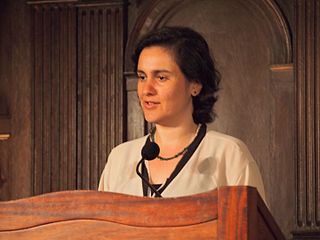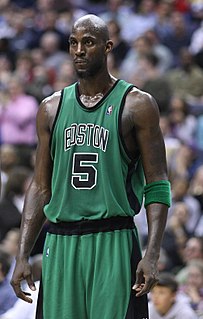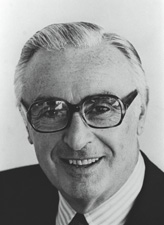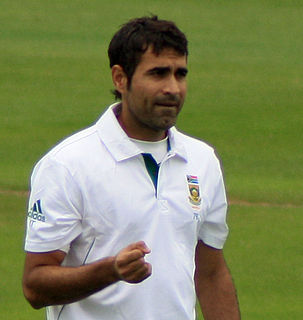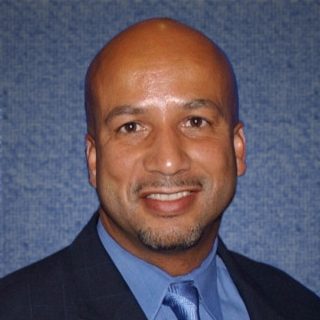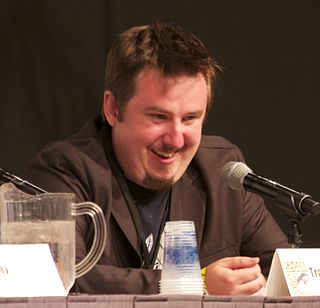A Quote by Steve Inskeep
I would say that the one incredible thing that Karachi has going for it is the unabated supply of new migrants that pour into it day after day. It could be a poor factory worker who simply wants a job, it could be an ambitious guy coming for an education - they all add hope and vibrancy to the city. Now, this is not something that is generally taken as positive in Karachi. But the hope is that the migration that comes into the city replenishes its stores of resilience and energy.
Related Quotes
When I choose the picture of the cover of the book 'Instant City: Life and Death in Karachi', I thought, gosh, many people in Karachi may not like this image; I'm representing the city as a burning bus. But to the contrary, they loved it, because that is people's understanding of their own city, of going on with life no matter what.
So, I mean, there's still vast swaths of the city that are suffering from a lack of jobs and poor housing and poor public schools, but they are building momentum - you know, techies, foodies, artists, musicians, all coming to Detroit. So there is this vibrancy. You see it in the newspapers every day - some story about the new Detroit.
Hope? Hope is not the absence of tragedy, my friend. It is the conviction that tragedy can be endured. Hope is the spark in you that is not subdued in the face of the vast and callous indifference of the universe. Hope is that which is not shattered by hardship. Hope is the urge to fight what is wrong even when you know it will destroy you. Hope is the decision to love and need someone knowing that they will one day die. For me to promise that there are no obstacles would be the cruelest lie I could possibly tell. That lie is not hope. Hope is the will which needs no lies.
When I was in my 20s, I started frequenting record stores, and there was one in particular called Tropicalia in Furs in New York City. It's closed now, but it was one of those magical places where you would walk in, and the owner would start playing you records and not let you leave. It was such an education.
What if I had been born during a war and I lived in an occupied city, and people were being taken out and shot every day? Everything would be different - even after the war ended, my future would be very different. Look at what these poor people in Aleppo are going through. The children, the ones who survive, are going to be absolutely altered by what they live through, and you and I, luckily, have never had to deal with that.

